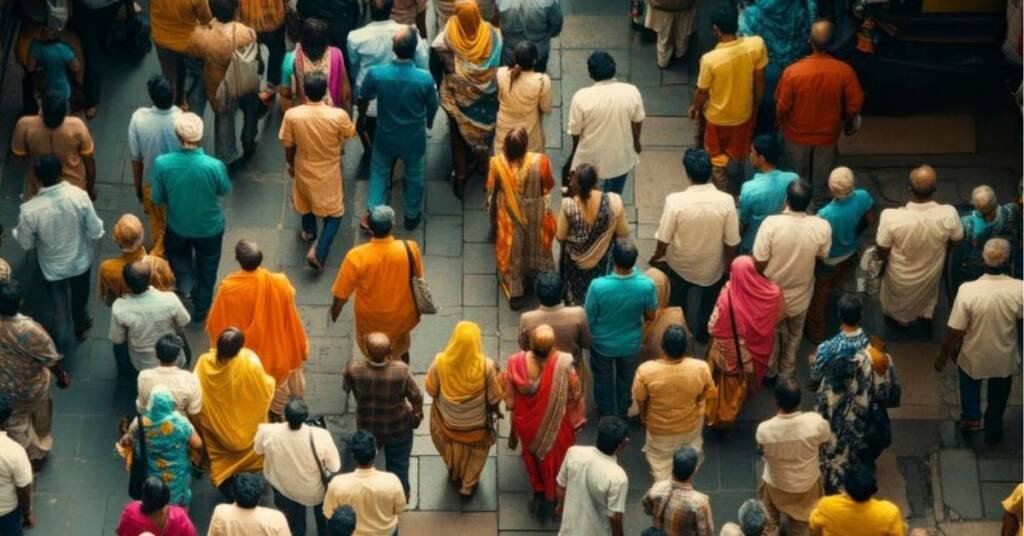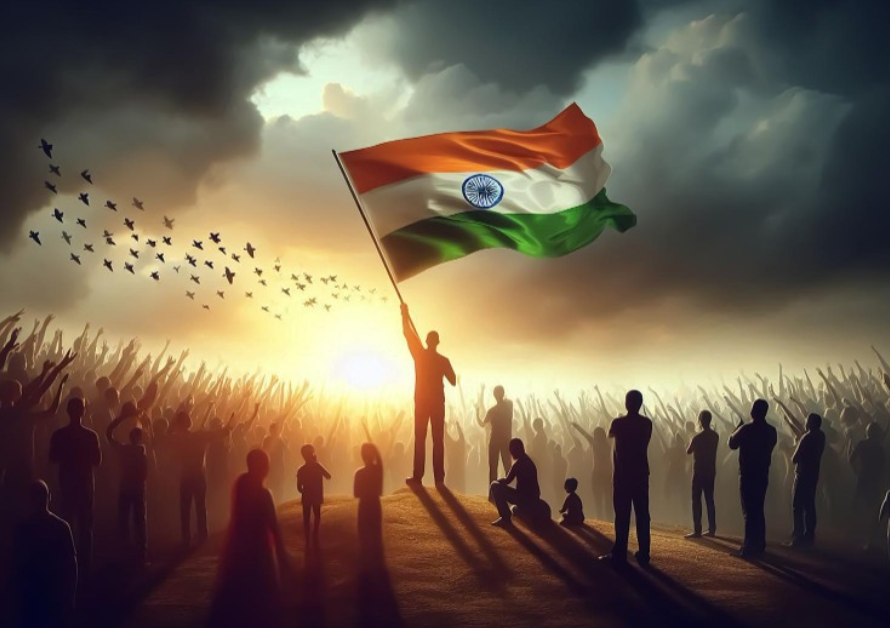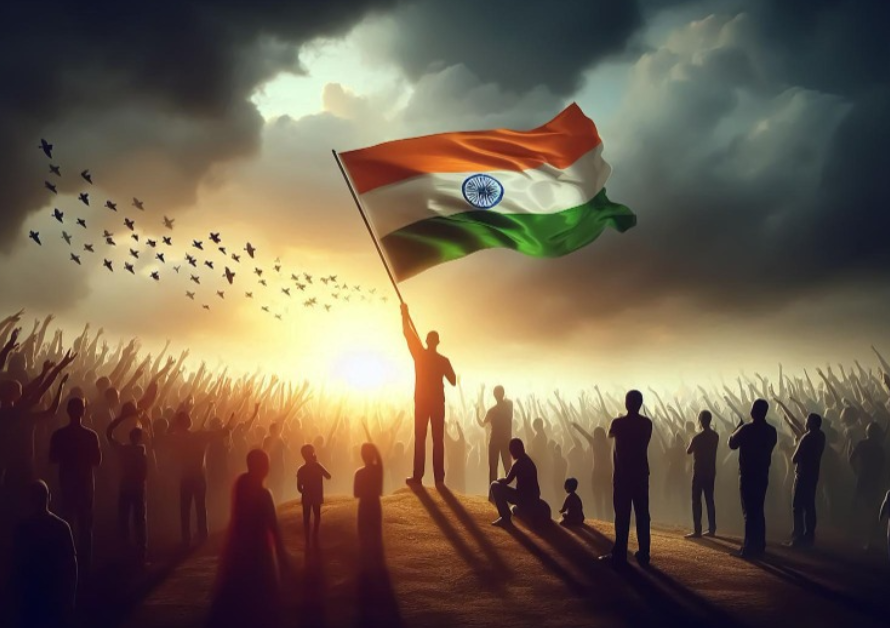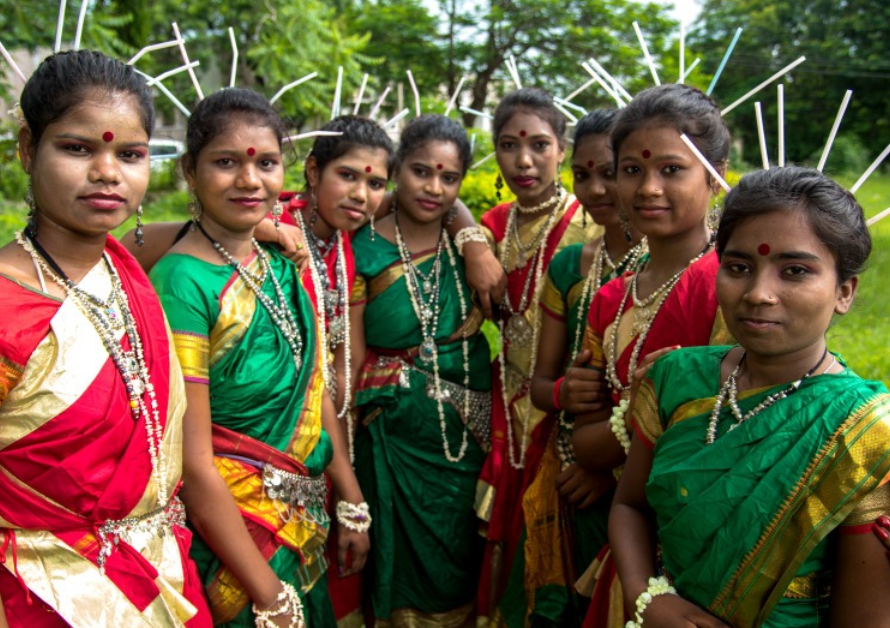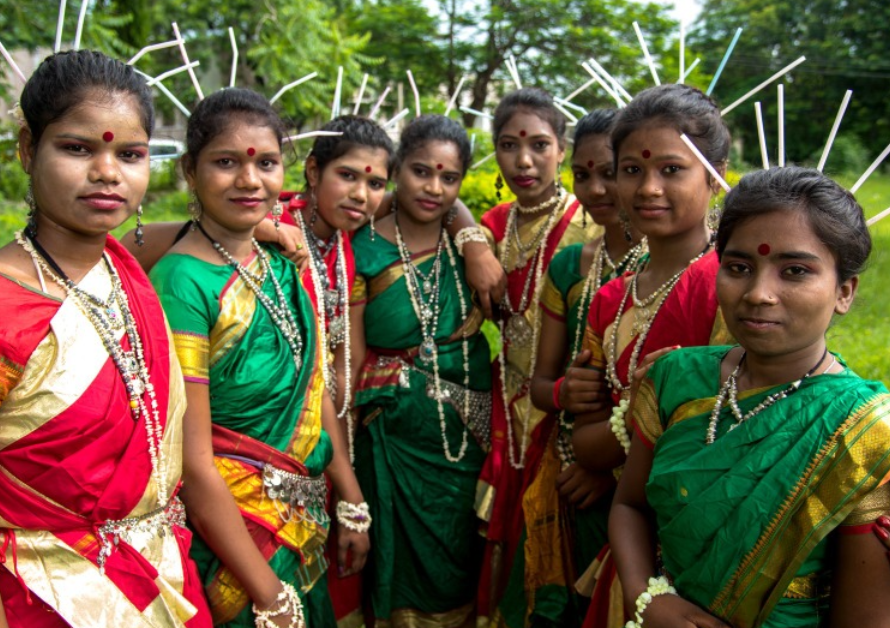Every morning, as we glance at the news—whether on TV, social media, or in print—we are confronted with disturbing stories that raise alarms about the challenges facing Hindus and the broader ethos of Hinduism. Reports abound of Waqf Board claims over lands historically belonging to temples, farmers, and even monuments controlled by the Archaeological Survey of India (ASI). Alarmingly, these claims extend to prominent properties such as Mukesh Ambani’s residence, illustrating the brazenness of these actions.
Emerging and deeply concerning strategies of jihadist elements include food adulteration. Incidents of spitting in food, contaminating it with harmful chemicals, or using substances like animal fat and excreta have surfaced, reportedly aimed at reducing Hindu populations by targeting health and fertility. Moreover, escalating cases of physical attacks, murders, and other violent crimes targeting Hindus are becoming a regular feature in our headlines.
Cases of “love jihad” continue to provoke unease, alongside alarming discoveries of stockpiled arms and ammunition in places of worship such as mosques and madrasas. Hindu festivals, processions, and religious celebrations are frequently marred by violent attacks, disrupting communal harmony. These inhumane and immoral activities erode not just Hindu traditions but also the foundational principles of Sanatana Dharma, which emphasizes coexistence and respect for all beliefs.
The question remains: Are such actions acceptable in a society that prides itself on humanity, morality, and ethics? And why do so many of us remain silent—preoccupied with personal pursuits—while such threats loom over our culture and collective future?
Systematic Challenges and Historical Biases
A deeper issue lies in systemic biases entrenched by policies of pre-2014 governments. Constitutional amendments and legislative decisions under their watch have undermined Hindu rights and promoted policies favoring minority appeasement:
Religious Discrimination in Education and Governance:
Hindu temples are heavily taxed and controlled by the government, while mosques, churches, and madrasas remain largely autonomous and even receive financial support. Teaching Hindu philosophy and scriptures is restricted in many schools and colleges, while Christianity and Islam enjoy leeway in their promotion.
Population Dynamics and Policy Gaps:
Hindus are legally bound by family planning measures, while some communities are allowed practices like polygamy and unchecked population growth, exacerbating demographic shifts over time.
Media Narratives and Bollywood’s Role:
Sections of the media and Bollywood routinely project Hindu traditions and beliefs in a negative light, undermining the values of Hindutva while glorifying narratives that marginalize Hindu culture.
These policies and practices have created an uneven playing field, threatening the fabric of secularism itself, which should mean equality for all rather than preferential treatment for a select few.
The Existential Threat of Radicalization
Adding to these challenges is the rise of radicalized ideologies that openly aim to transform India into an Islamic nation by 2047. This chilling agenda has been exposed in multiple raids and investigations. Extremist interpretations of certain texts call for global conversion to Islam, labeling non-believers as kafirs who must convert, face persecution, or be eliminated. Such ideologies are political and expansionist, prioritizing dominance over harmony.
Prominent thinkers have described such extremist ideologies as resembling political doctrines like communism—where control, rather than coexistence, is the primary goal. These ideologies lack regard for humanity, ethics, and morality and exploit democratic freedoms to further their ends.
A Call to Action for Unity and Strength
Hindus must rise above internal divisions of caste, language, and region to unite for the greater cause of protecting our religion, culture, and nation. The time has come to strengthen the bonds of Sanatana Dharma—a philosophy rooted in universal values of peace, justice, and compassion—to counter the forces seeking to undermine India’s integrity.
Under the leadership of visionary figures like Prime Minister Narendra Modi, India has taken great strides toward economic progress, global recognition, and cultural revival. However, without the active support of its people, these gains are at risk of reversal. A return to the pre-2014 era could mean renewed corruption, appeasement politics, and weakened national sovereignty.
Let us remember: the future of our nation rests in our hands. If we remain complacent, history will judge us harshly as a generation that failed to act when the stakes were highest. If we unite and act now, we can ensure a future where India flourishes as a strong, prosperous, and inclusive Hindu nation, a beacon of peace and progress for the world.
Global Lessons and Inspiration
Globally, nations like Israel, Australia, Japan, and the US have awakened to the challenges posed by radical ideologies. These countries have introduced policies and strategies to safeguard their cultural identities while maintaining social harmony. India must take inspiration from these examples, adapting them to our unique context to secure our future.
In conclusion, this is a call for awareness, action, and unity. We must preserve the essence of Hinduism—not just for ourselves, but for the generations that follow. Let us arise, awake, and stop not until the goal of safeguarding our religion, culture, and nation is achieved

